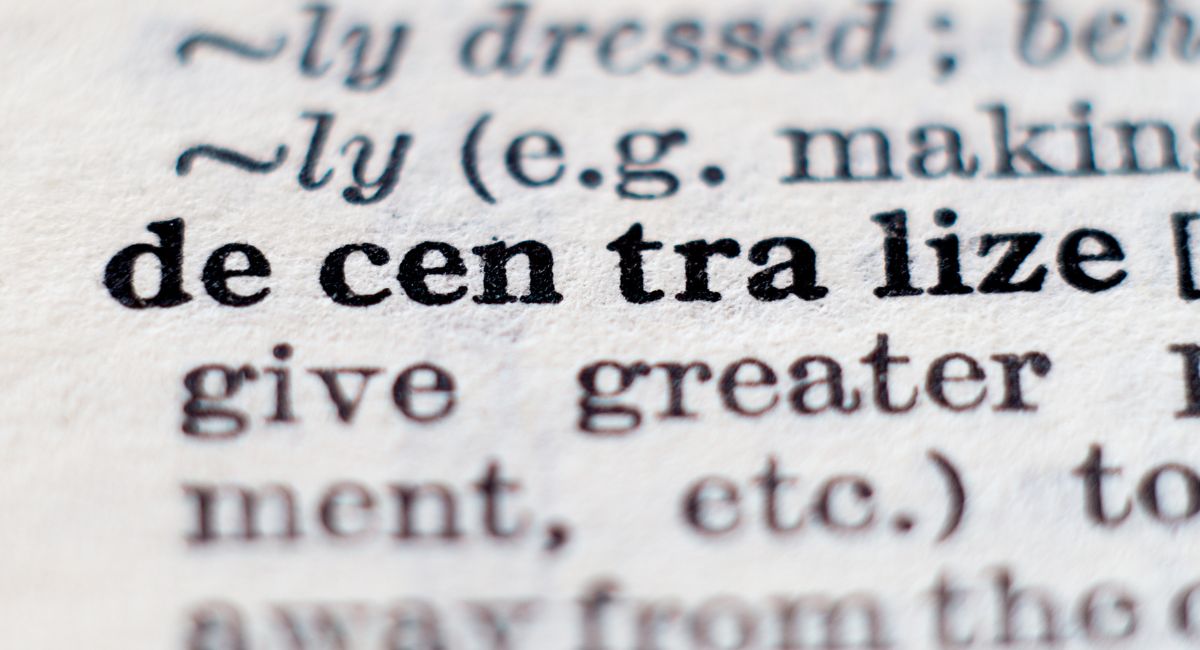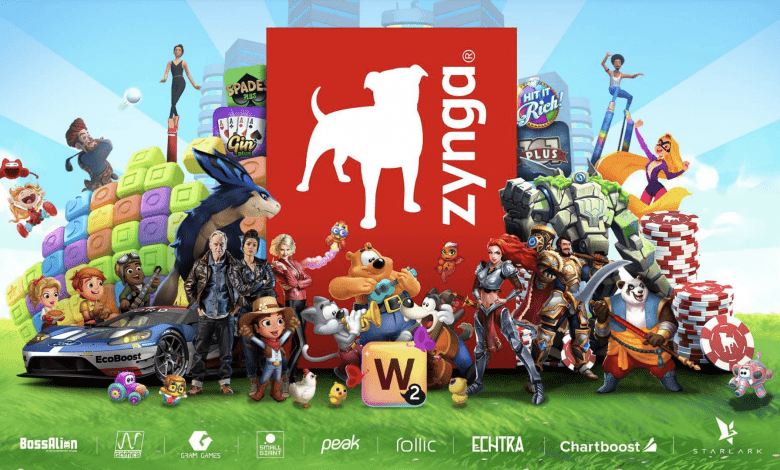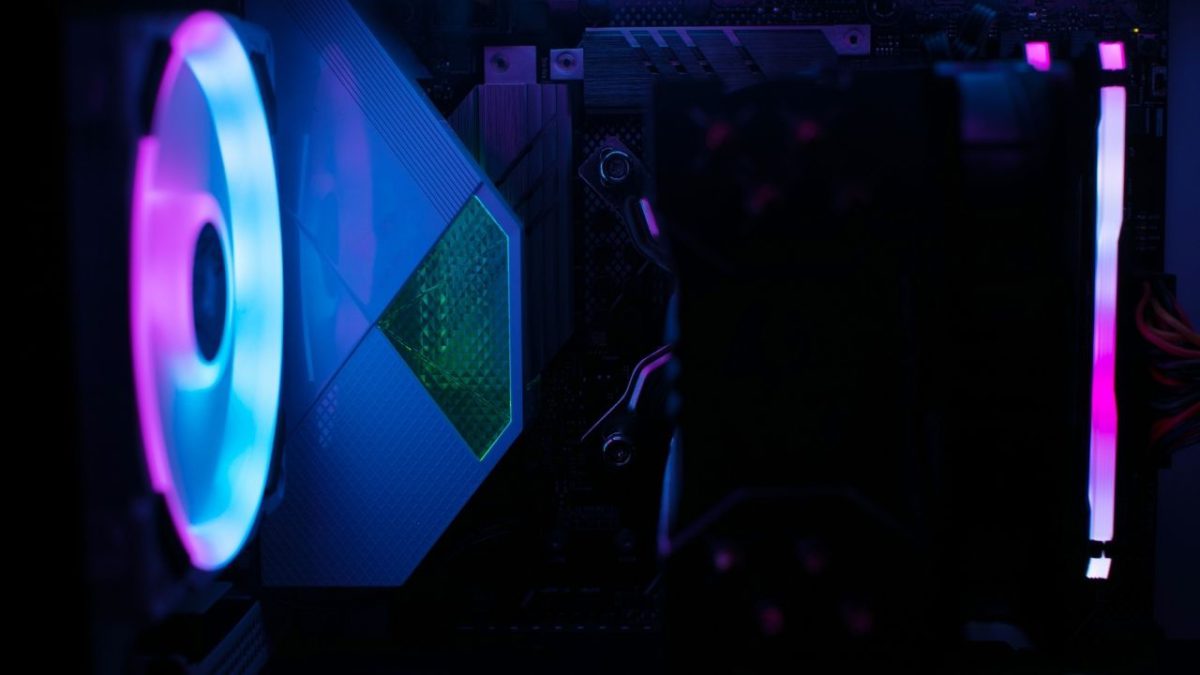Gaming Governance On The Blockchain: Empowering Decentralized Autonomous Organizations (DAOs)
The gaming industry is experiencing explosive growth, with its global market size exceeding $170 billion. In recent times, blockchain-based games have garnered considerable interest due to their unique advantages, such as the ability to trade in-game assets, earn real money, and participate in decentralized governance. At the heart of this revolution lies the concept of Decentralized Autonomous Organizations (DAOs). DAOs are self-governing entities managed by code, offering transparency, democracy, and resistance to censorship.
This article delves into the potential of DAOs to revolutionize gaming governance, exploring how they can enhance player engagement, transparency, and fairness in the gaming world.
How DAOs Work
DAOs are implemented using smart contracts, computer programs stored on a blockchain. These smart contracts automate various tasks, including voting, fundraising, and asset management. To create a DAO, developers start by crafting a smart contract defining the organization’s rules. This contract typically incorporates provisions for voting, fundraising, and asset management. Once the smart contract is ready, it is deployed to a blockchain, becoming immutable – meaning it cannot be altered without DAO members’ approval.
DAOs operate under the governance of their members, who participate in decision-making through DAO tokens. DAO tokens, a type of cryptocurrency, represent ownership in the DAO, and the more tokens a member holds, the greater their voting power.
Also, read – Brush Up Your Facts About Decentralized Autonomous Organizations (DAO) Before 2023
The Benefits of DAOs for Gaming
DAOs offer numerous advantages to the gaming industry, including:
1. Transparency: Built on blockchain technology, DAOs inherently provide transparency by recording all transactions and votes on a public ledger accessible to anyone. This level of transparency fosters trust and confidence among gamers.
2. Fairness: DAOs ensure fairness by granting all members equal voting power, regardless of their financial contributions. This design helps prevent corruption and ensures decisions serve the best interests of all stakeholders.
3. Efficiency: Unlike traditional organizations with bureaucratic processes, DAOs are more efficient. They facilitate quick and easy decision-making, accelerating the development and release of new games.
4. Community Engagement: By granting gamers a voice in game development and governance, DAOs enhance community engagement. This inclusive approach creates a more vibrant and committed gaming community.
Examples of DAOs in Gaming
Numerous DAOs are currently active in the gaming industry, with some noteworthy examples being:
The Sandbox: The Sandbox is a blockchain-based game that allows players to create, own, and monetize their own virtual worlds. The Sandbox is governed by a DAO called the Sandbox Game Maker Fund, which is responsible for making decisions about the future of the game.
Axie Infinity: Axie Infinity is a blockchain-based game that allows players to collect, breed, and battle digital pets called Axies. Axie Infinity is governed by a DAO called the Axie Infinity Community Treasury, which is responsible for managing the game’s treasury and making decisions about the future of the game.
Gods Unchained: Gods Unchained is a blockchain-based trading card game that allows players to collect, trade, and battle digital cards. Gods Unchained is governed by a DAO called the Gods Unchained DAO, which is responsible for making decisions about the future of the game.
Decentraland: Decentraland is a blockchain-based virtual world that allows players to create, explore, and monetize their own experiences. Decentraland is governed by a DAO called the Decentraland Foundation, which is responsible for making decisions about the future of the game.
CryptoKitties: CryptoKitties is a blockchain-based game that allows players to collect, breed, and trade digital cats. CryptoKitties was one of the first blockchain games to gain mainstream attention, and it helped to popularize the concept of NFTs (non-fungible tokens).
Alien Worlds: Alien Worlds is a blockchain-based game that allows players to mine cryptocurrency by exploring virtual planets. Alien Worlds is one of the most popular blockchain games in terms of active users, and it has generated over $1 billion in revenue since its launch.
Upland: Upland is a blockchain-based game that allows players to buy, sell, and trade virtual properties. Upland is unique in that it uses real-world data to create its virtual world, so players can buy and sell properties that are located in real-world cities.
Sorare: Sorare is a blockchain-based fantasy football game that allows players to collect, trade, and manage virtual football players. Sorare has partnered with over 150 football clubs, including FC Barcelona, Paris Saint-Germain, and Juventus.
Yield Guild Games: Yield Guild Games is a decentralized autonomous organization (DAO) that invests in blockchain-based games. YGG provides financial and technical support to game developers and players, and it has helped to grow the play-to-earn gaming movement.
https://twitter.com/i/status/1683559107536760832
Guild of Guardians: Guild of Guardians is a blockchain-based action RPG game that is still in development. Guild of Guardians will allow players to earn cryptocurrency by completing quests and defeating enemies.
These are just a few examples of the many DAOs that are active in the gaming industry. As the gaming industry continues to grow, we can expect to see even more DAOs being created and used to govern gaming projects. DAOs have the potential to change the way that games are developed, governed, and played.
Conclusion
The potential of DAOs to revolutionize gaming governance is immense. By offering transparency, fairness, efficiency, and community engagement, DAOs can create a more dynamic and committed gaming community. As the gaming industry continues to expand, we can expect to witness the rise of even more DAOs governing various gaming projects. These autonomous organizations are poised to transform how games are developed, governed, and experienced, ushering in a new era of decentralized and player-centric gaming.
Stay informed with daily updates from Blockchain Magazine on Google News. Click here to follow us and mark as favorite: [Blockchain Magazine on Google News].
Get Blockchain Insights In Inbox
Stay ahead of the curve with expert analysis and market updates.
latest from tech
Disclaimer: Any post shared by a third-party agency are sponsored and Blockchain Magazine has no views on any such posts. The views and opinions expressed in this post are those of the clients and do not necessarily reflect the official policy or position of Blockchain Magazine. The information provided in this post is for informational purposes only and should not be considered as financial, investment, or professional advice. Blockchain Magazine does not endorse or promote any specific products, services, or companies mentioned in this posts. Readers are encouraged to conduct their own research and consult with a qualified professional before making any financial decisions.

 Bitcoin
Bitcoin  Ethereum
Ethereum  Tether
Tether  Solana
Solana  XRP
XRP  Dogecoin
Dogecoin  USDC
USDC  Cardano
Cardano  Lido Staked Ether
Lido Staked Ether  TRON
TRON  Avalanche
Avalanche  Shiba Inu
Shiba Inu  Wrapped Bitcoin
Wrapped Bitcoin  Wrapped stETH
Wrapped stETH  Toncoin
Toncoin  Stellar
Stellar  Sui
Sui  Chainlink
Chainlink  Bitcoin Cash
Bitcoin Cash  WETH
WETH  Polkadot
Polkadot  Pepe
Pepe  LEO Token
LEO Token  NEAR Protocol
NEAR Protocol  Litecoin
Litecoin  Aptos
Aptos  Wrapped eETH
Wrapped eETH  Hedera
Hedera  Uniswap
Uniswap  Cronos
Cronos  USDS
USDS  Internet Computer
Internet Computer  Ethereum Classic
Ethereum Classic  POL (ex-MATIC)
POL (ex-MATIC)  Render
Render  Ethena USDe
Ethena USDe  Bittensor
Bittensor  Bonk
Bonk  WhiteBIT Coin
WhiteBIT Coin  MANTRA
MANTRA  Dai
Dai  Artificial Superintelligence Alliance
Artificial Superintelligence Alliance  Arbitrum
Arbitrum  dogwifhat
dogwifhat  Monero
Monero  Stacks
Stacks  Mantle
Mantle  Filecoin
Filecoin 











